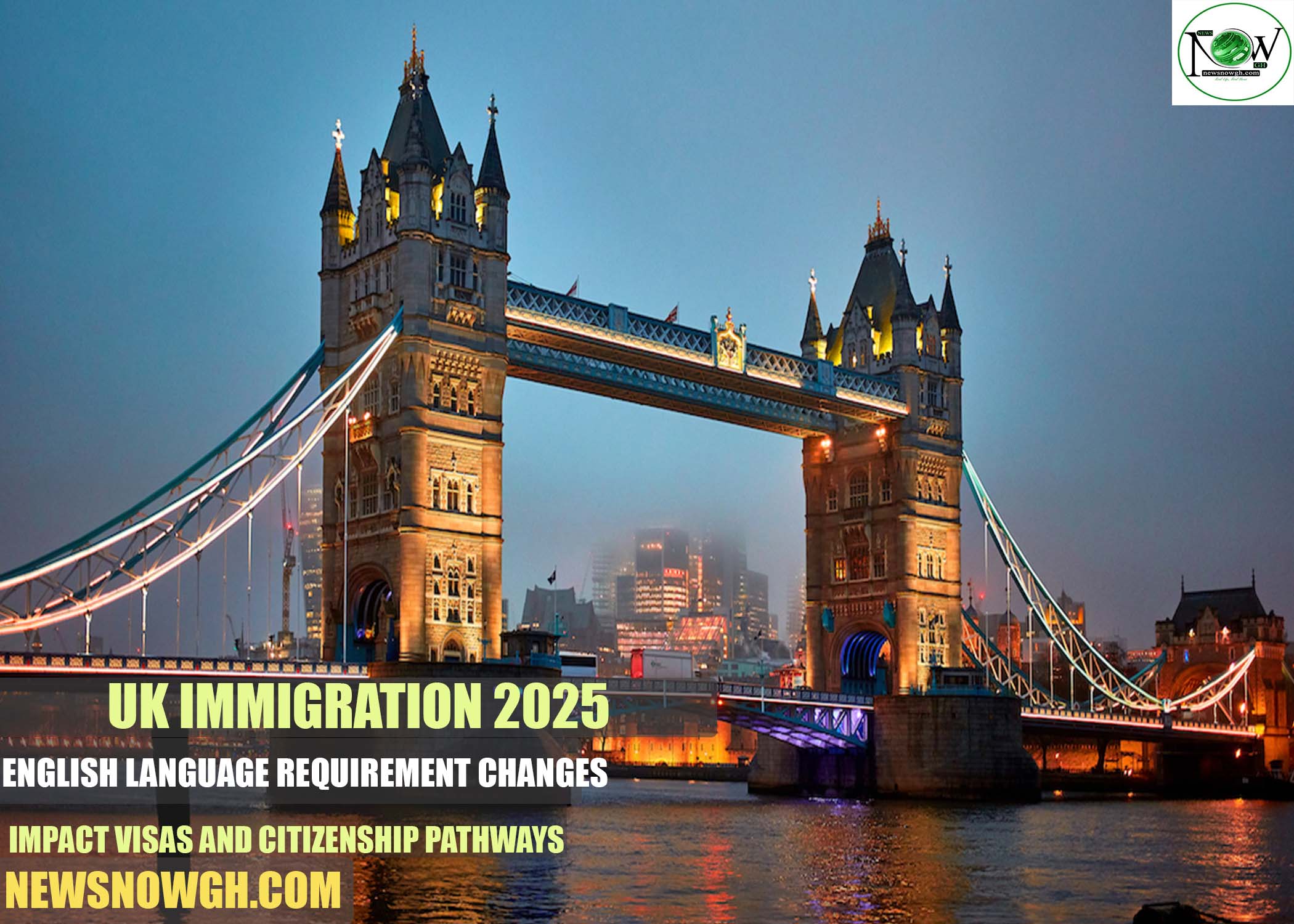UK Immigration 2025: English Language Requirement Changes Impact Visas and Citizenship Pathways
In 2025, the UK will enforce stricter English language rules for migrants. These changes will impact international students, foreign workers, and their dependents. By raising the proficiency standards, the government aims to enhance integration and participation in society.
What’s Changing in 2025?
The new legislation introduces higher English language proficiency levels across various immigration routes. These standards are defined by the Common European Framework of Reference for Languages (CEFR). Here are the key updates:
- Skilled Workers & Language Roles: The minimum requirement will rise from CEFR level B1 (intermediate) to B2 (upper intermediate).
- Adult Dependents: For the first time, adult dependents must demonstrate English proficiency at CEFR level A1 (basic) when applying. This aligns with current spousal and partner visa rules.
- Visa Extensions and Settlement: Applicants now need to show progress in language skills:
- From A1 to A2 (basic) for extensions.
- From A2 to B2 (independent user) for settlement.
- British Citizenship Applications: The English language requirement will increase from B1 to B2 for most applicants aged 18 and older.
Previous Requirements
Previously, English language tests mainly applied to primary visa applicants. The standards included:
- Skilled Workers: Minimum B1 level.
- Students: Required B1 or B2, based on their course.
- Dependents: No English requirement for adult dependents of workers and students.
- Settlement and Citizenship: Required B1 level for those over 18.
This allowed many dependents to live in the UK without proving any English proficiency.
Why Is the UK Making These Changes?
The UK government seeks to improve migrant integration into society and the workforce. Recent survey findings support this change:
- 83% of Graduate visa holders reported they speak English fluently.
- Only 73% of dependent partners felt the same, indicating a gap that the new rules aim to address.
- By enhancing language skills, the UK hopes to boost employability and reduce social barriers.
Who Will Be Affected the Most?
- Indian Students and Workers: Many UK visa holders come from India. These changes will directly affect those bringing dependents.
- Adult Dependents: They must now meet basic English standards for the first time.
- Permanent Residency and Citizenship Applicants: Those unable to reach B2 fluency may experience delays in settlement or naturalization.
What Applicants Should Do Next
- Start Preparing Early: Schedule your IELTS for UKVI or another approved CEFR-aligned test.
- Choose Higher-Level Courses: Consider improving your skills beyond the minimum requirements.
- Focus on Language Progression: Show consistent improvement in language skills, especially for long-term stays.
Final Thoughts
The UK’s new English language policy represents a significant shift toward stricter integration standards. Although these changes may pose challenges, particularly for dependents, they align with the government’s goals of enhancing language abilities, economic contributions, and social cohesion.
As the 2025 changes approach, prospective applicants and their families should start planning and preparing to meet the revised language requirements. Embracing these challenges can lead to greater opportunities in the UK.
Follow NewsNowGh to stay updated on the latest information regarding work permits, visas, and visa-sponsored employment.


